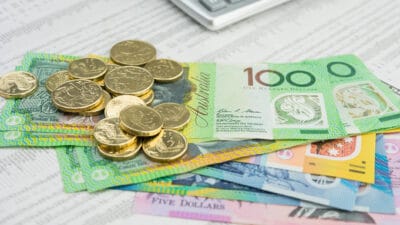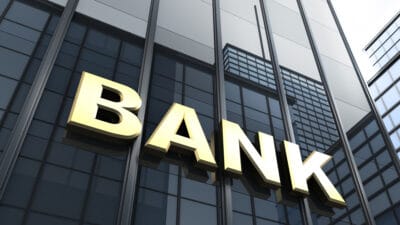There is much discussion going in the media about how much house prices will fall and how long it will last. Some alarmist predictions are saying up to 40% falls, whilst others are expecting much gentler falls of around 10% over the next year or two.
Of course, the answer is: nobody knows. Unless you have a time machine you can only guess based on many variable factors. It would take a steep rise in unemployment, a quickly-rising interest rate or panic from homeowners to send prices down heavily in a short amount of time.
If house prices are to take a dive it could be Westpac Banking Corp (ASX: WBC) that causes it.
According to the AFR the country's second biggest bank, just behind Commonwealth Bank of Australia (ASX: CBA), has sent out a letter to 'risky' property investors. Apparently the letter says that the risky borrowers have less than a month to find another bank saying Westpac can "no longer support our commercial relationship with you".
How risky are the borrowers? The typical description of these 'risky' people is that they're interest only borrowers with several properties and have loan to value ratios of 80% or more.
The problem for many of these borrowers is that they likely won't be able to pass mortgage applications under the new stricter lending standards. Essentially, these people perhaps shouldn't have been given loans in the first place.
However, they do have debt that will soon no longer be welcome at Westpac but they won't be able to switch the loan to another bank like Australia and New Zealand Banking Group (ASX: ANZ), National Australia Bank Ltd (ASX: NAB) or Bendigo and Adelaide Bank Ltd (ASX: BEN).
If they can get a loan with a 'shadow lender' that may delay borrower problems, but it will likely come with a materially higher interest rate. They may be forced to sell in the future after being unable to afford the repayments.
If they can't get a loan then quick sales may be necessary. Quick sales would mean selling for whatever price you can get in a short amount of time, likely to be less than the possible market value if patiently sold instead.
Foolish takeaway
Whilst it's unlikely that the whole market will crash 40%, this Westpac move could cause serious trouble for the most indebted investor borrowers. House prices are set by the current sales – just like share prices – fire sales may send a shiver through the market in the short-term.
As someone looking to buy a house in the shorter-term, lower prices would be nice. However, plunging house prices would definitely be bad news for the whole economy. I hope, at worst, the house price stays on steady the path of 0.5% declines per month in Melbourne and Sydney.








